Internationally acclaimed Armenian brand "Karas Wines" continues its successful course in presenting the unique terroir of the Ararat Valley and Armenia to the global wine community.
Mediamax spoke with Juliana Del Aguila Eurnekian, the Owner and President of Karas Wines, about the company's journey from its conceptualization to the present and future.
- Ms. Juliana, back in the 2000s, when your uncle Eduardo Eurnekian decided to establish a vineyard in Armenia and start wine production, Armenia was not perceived as a winemaking region and even drinking wine was not popular. What motivated him to start this business in Armenia?
- Our story with winemaking started long before “Karas”. In the early 1900s, my family fled Armenia to escape genocide, like many others in the diaspora, and found refuge in Argentina. In the early 1990s, my grandfather and my great-uncle seized the opportunity to return to Armenia after the collapse of the Soviet Union, contemplating how to contribute to the rebuilding of Armenia.
My great-uncle Eduardo, who was already a successful businessman in Argentina, wanted to invest in a project that would create long-term quality jobs. He also aimed to initiate the production of an exportable product to build a bridge to the outside world. At that point, he chose to focus on wine.
In the early 2000s, wine in Armenia was primarily found on the side of the roads in plastic bottles and not commonly consumed in restaurants or homes. However, relying on his vision, Eduardo looked for a piece of land to establish the vineyard. He found this beautiful place in Armavir Province, in the Ararat Valley, where today’s “Karas Wines” is located.
When he first saw this place, he was captivated by the breathtaking view of Mount Ararat. It evoked the memories of the Noah’s Ark story he learned in primary school. Inspired by the biblical narrative where Noah planted a vine as the first act after the flood, Eduardo found the idea of establishing a vineyard and starting wine production to be profoundly meaningful. Thus, he started the quest of preparing the land to be able to plant at that very extreme place.
Image by: Karas
Eduardo brought vines from all over the world: Argentina, France, Italy, and kept on discovering the Armenian varieties. As the first vineyard in the world was founded at the Ararat Valley by Noah, planting different varieties from around the world had a sense of bringing the “lost children” of the first vine back home.
In 2010, we had our first wine under the brand “Karas” and it was a complete success - it was sold out immediately.
- After 2007, when the world’s oldest winery was discovered in Armenia, it became clear that developing winemaking in Armenia was quite a natural decision. Has the fact that Armenia is a cradle of winemaking changed your perception of the family business?
- The discovery of Areni cave was made when we already had the vineyard planted and it was like the perfect coincidence and everything made sense. It gave us a really good push and support to what we were already doing as until that point everyone was thinking that Eduardo’s idea was completely crazy.
It was not only his vision but also the courage to truly move forward with the idea. I do not believe the business concept and the innovation were merely coincidental. Eduardo attracted highly skilled professionals who recognized the immense potential of Armenia. For instance, when our wine consultant Michel Roland, one of the best wine experts globally, visited Armenia, the volcanic soil, the weather, and the people made him see the history of this land.
Year by year, we started to grow our production and our capacity of production also because of the success of the brand and the wine. We managed to prove that Armenia can make internationally high-class wines. And that was not only because of the high technology and knowledge that were brought to the winery but also the joint forces of all people that stand behind “Karas Wines”.
- Over the last 10 years the wine industry in Armenia has completely changed and it continues its rapid development. What are your thoughts on the role of “Karas Wines” in the renaissance of Armenian winemaking traditions?
- In my view, the role of the pioneer might be crucial in developing new industry. Besides having trust in the possibilities, it is also important to do it in the best possible way. We managed to put the bar high for Armenian wines.
Today we can find other wineries that are doing a great job. The revolution of the industry could also be observed by the changes in Yerevan, the scene of restaurants and bars and wine bars. This was like a rolling snowball that we started with “Karas”. And I think that we caused this revolution firstly by pushing forward the idea of making the best wine in the world in Armenia.
- What is special about your vineyard's terroir and how does it influence the characteristics of the wines?
- Our vineyard is situated at an altitude of 1300 meters above sea level. It features volcanic soil and is an ideal place for growing vines, surrounded by mountains and characterized by a continental climate. The four seasons are very well marked here. We have a lot of sun during the year and very low rains, so these dry conditions make it easier to grow vines organically.
Of course, the quality of wine is not determined only by natural conditions, but also the human decisions. We intervene a lot in the way of handling the vines and in the way of making the wine. And that is a very important point when we talk about the terroir, because the decisions that we make, the way we understand the terroir, how we manage our vines, how we make our wines in order to show this place in the most honest way, has a significant influence on our product.
For example, if you taste the wines from our first harvest and then you taste the latest ones, you will see the evolution. And that is not only because the vines are more mature, but also because we are more mature too. We are always looking to improve and to make the wines better.
- You usually say that with “Karas” you are willing to tell the story of Armenia. What do you think, if someone tries “Karas” for the first time, what is their immediate impression of the wine and their perception of Armenia?
- Every person's experience is highly unique, yet at the same time, there is something that always repeats itself. Whenever someone samples our wine for the first time, they are very impressed by the intensity of flavor, aromas, grip, and texture. This distinctive texture is definitely from the soil and from these volcanic rocks that we can find in the soil. The combination of freshness, grip, texture, and the intensity of aromas and color makes the wine whole and well-balanced. This truly sets it apart, as it is hard to find all these elements in a single glass of wine.
I think that the wines we make have so much soul that connects you to this place. Our main goal is to make people get to know Armenia, get to know us, and get to know our place through the wines. And always when someone opens the bottle of wine, they look at the label and see where it was made. After tasting “Karas”, people always want to know more about Armenia and I think that is also something very unique to Armenia. There are not so many places in the world that have the energy that attracts people.
- As you use different grape varieties that might be more popular in other countries, people can taste the difference between the wines based on the same grape variety but grown in Armenia and outside of it. This can give the true sense of the Armenian soil, water, and sun.
- Exactly! For example, in “Karas” we use Malbec, which is an Argentinian traditional grape. When you taste this same grape from Argentina and after Armenia, you can truly feel the sense of identity of the place and that is how the terroir works.
Juliana Eurnekian | Image by: Karas
And also, I think that in “Karas” we brought together two different worlds, the ancestral world and our present that looks to the future. For example, the use of karas (eng.- Amphora) for fermentation and aging, and also the use of stainless steel tanks, and barrels that we source from Armenia and France. This mixture of technologies and practices is also what makes us unique. We are deeply rooted in our ancestral heritage, but at the same time, we are looking at the future.
- Each time “Karas Wines” participates in an international competition and returns with awards, it also contributes to the global popularization of Armenia as a wine region. Do you feel heightened responsibility as it is not only about your company but Armenian wine in general?
- I believe that when my uncle initiated the business, he also possessed this vision and sense of responsibility, and it has been transmitted to me as well. I was born in Argentina, but in an Armenian household, and my attachment to Armenia became even stronger when I started to work in Armenia. My feeling is that I work for Armenia, it is not only for my family's business and the winery. I am proud when we get recognition for our brand and for the work that we do, but it is also because it is for Armenia.
- For the moment, “Karas” is the only Armenian winery awarded by James Suckling. What does this mean to you?
- This is something that we are very much proud of. James Suckling is today’s the most important wine reviewer in the world. It is not only the prestige that he gives the winery by giving an award, but also this type of recognition opens new doors.
For example, in a market like the US, which is the biggest market in the world, the first thing that any buyer will ask is about the points and awards you have. Recognition by someone such as James Suckling is very important for selling even more and in more places. Also, for people who are not yet familiar with the Armenian wines, this stamp of recognition and quality is something that gives the consumer a better idea of what we are doing and proves that we are even higher than many other wines from more recognized countries.
- Do you like experimenting in the winery?
- Experimenting is the fun part of this job and we do that every day and every year. To show all these experimental wines we decided to create a new brand outside of “Karas” that is called “Kraki Ktor” – meaning “the piece of fire”.
“Kraki Ktor” is like the alter ego of “Karas”, as “Karas” is a little bit more structured, it is very clear in terms of what we want to do and what we want to show. In the case of “Kraki Ktor” we give us the possibility of doing whatever we want and showing different things, even things that will not be repeated another year.
We also do a lot of investigation. In our experimental vineyard, we plant different types of Armenian varieties and keep on discovering them as there are so many and so amazing.
- Maybe there are some people among our readers who have not tried your wines yet. Could you please help them to choose how to start?
- When we look at our portfolio, we have “Karas classic” that includes 2 blends, one red and one white. These are the first wines that we ever made and continue making them as they were. Among the classic ones, there is also “Single-Varietal Areni” that is very fresh and very easy to drink.
Then we have wines from our single vineyard harvests that show the best Areni, the best
Syrah and the best Chardonnay found in Armenia.
After come our two reserve blends, which I think are very fun to taste together because these are like two phases of the same coin, two phases of our vineyard. The one that is based on Syrah is more of a European blend, and the other is more traditionally Armenian, as it is based on Areni and Sireni. This Sireni was sourced from Artsakh, so it is very unique.
And we have our “Grand Karas”, which is our most iconic wine and the most recognized worldwide. It is from the selection of the most outstanding grapes from each harvest.
And now we are launching a new brand that is called “Kef”. It includes two blends, one red from Areni and Malbec, that tells about our heritage and journey from Argentina to Armenia, and the white blend that is based on Kangun and Chenin blanc, which is also about coming back from abroad to Armenia and joining these two worlds. These are really fun wines to celebrate and to open with friends or family.
- What are the future plans? What will the next achievement be?
- Every year is a challenge and we need to make the best out of every situation. Our vision is to make greater wines every year and to become even better. Another goal is to reach even more markets and make our brands more well-known. Today we are presented in around 20 countries, which is a lot, but of course, we still have a lot of work to become more recognizable. And that is not only about making our wines available in more places, like restaurants, bars, and markets but also making it available in people's heads so whenever someone thinks about Armenia, they will think about “Karas” and whenever someone thinks about “Karas”, they will think about Armenia.


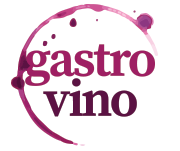
 ×
×
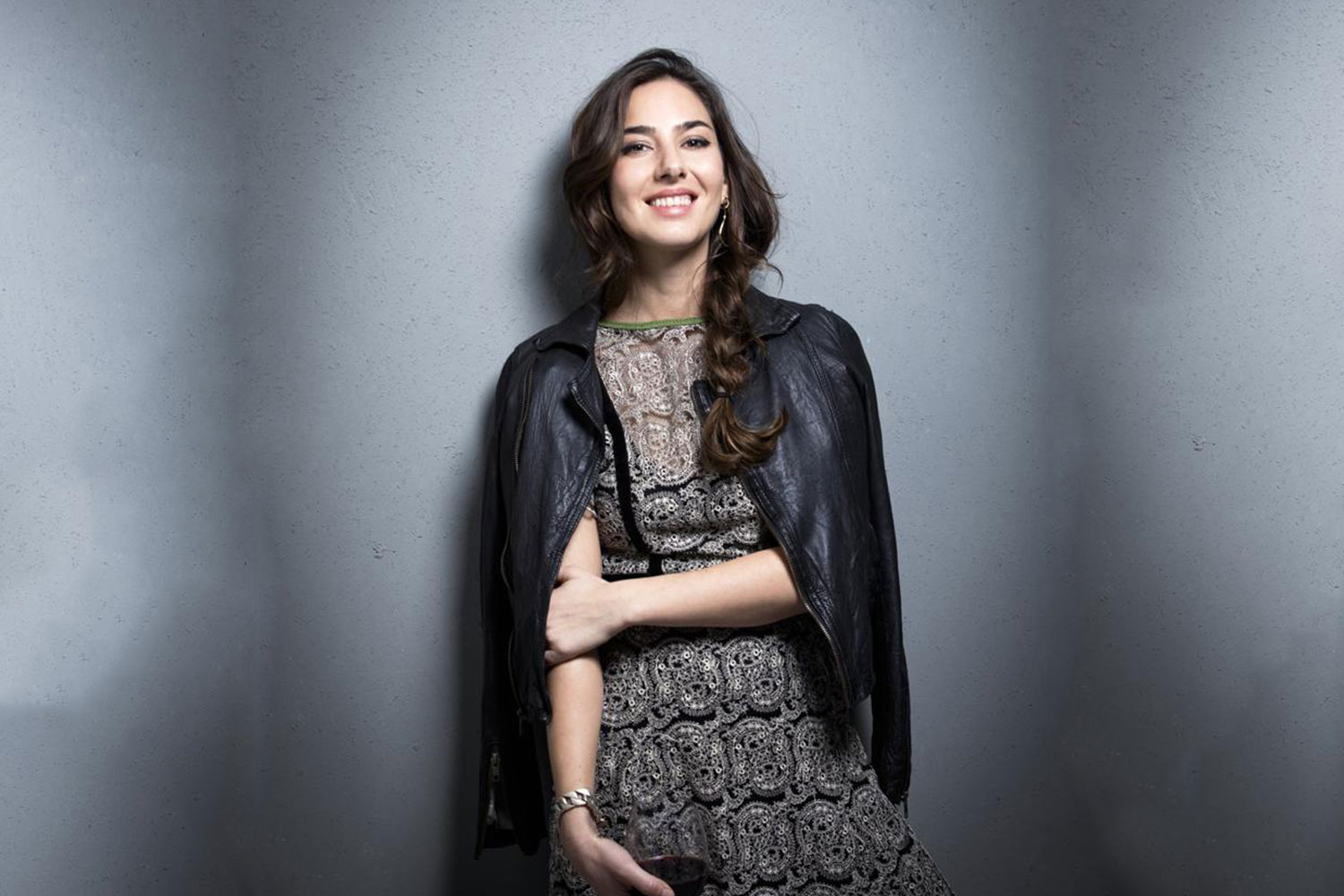

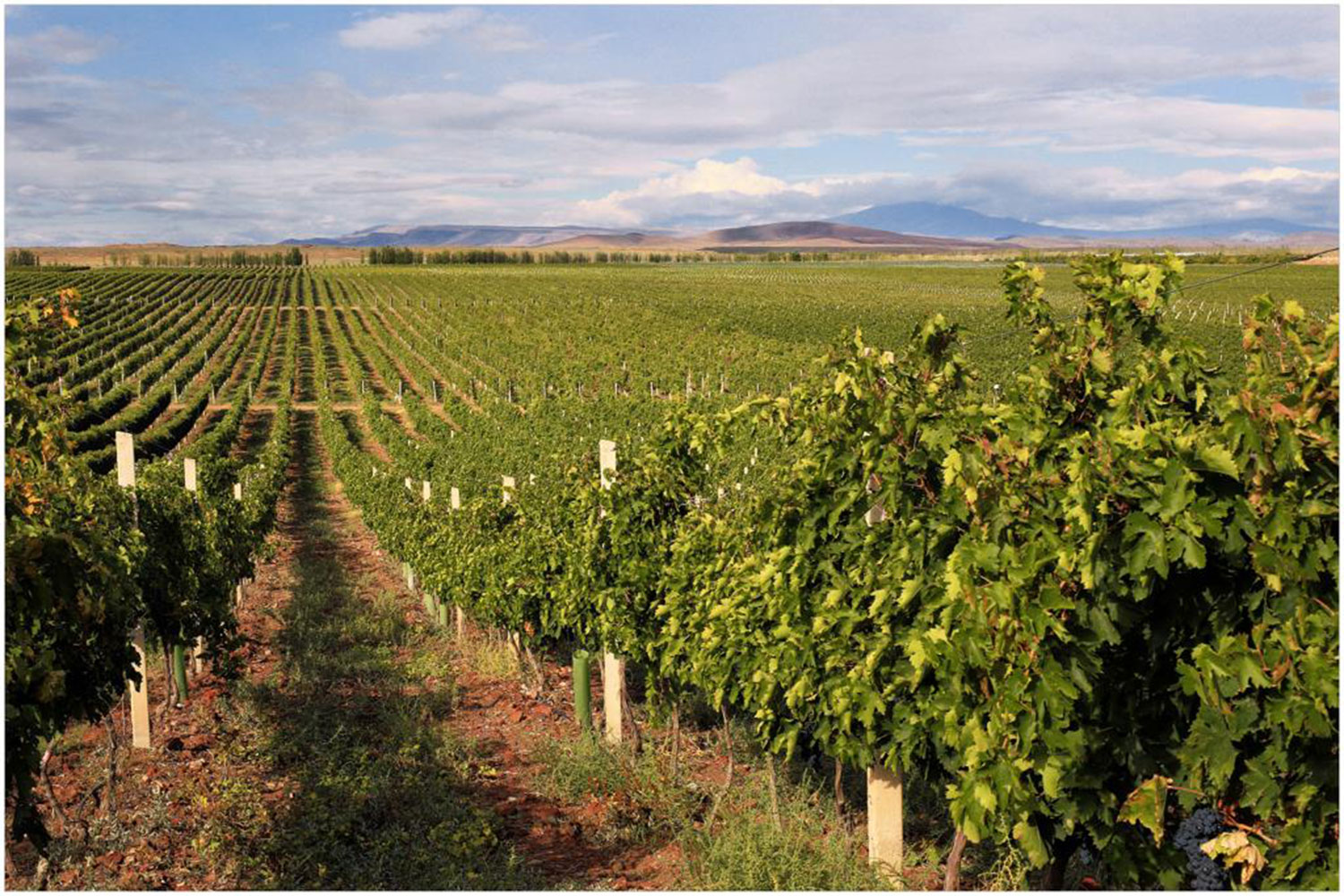
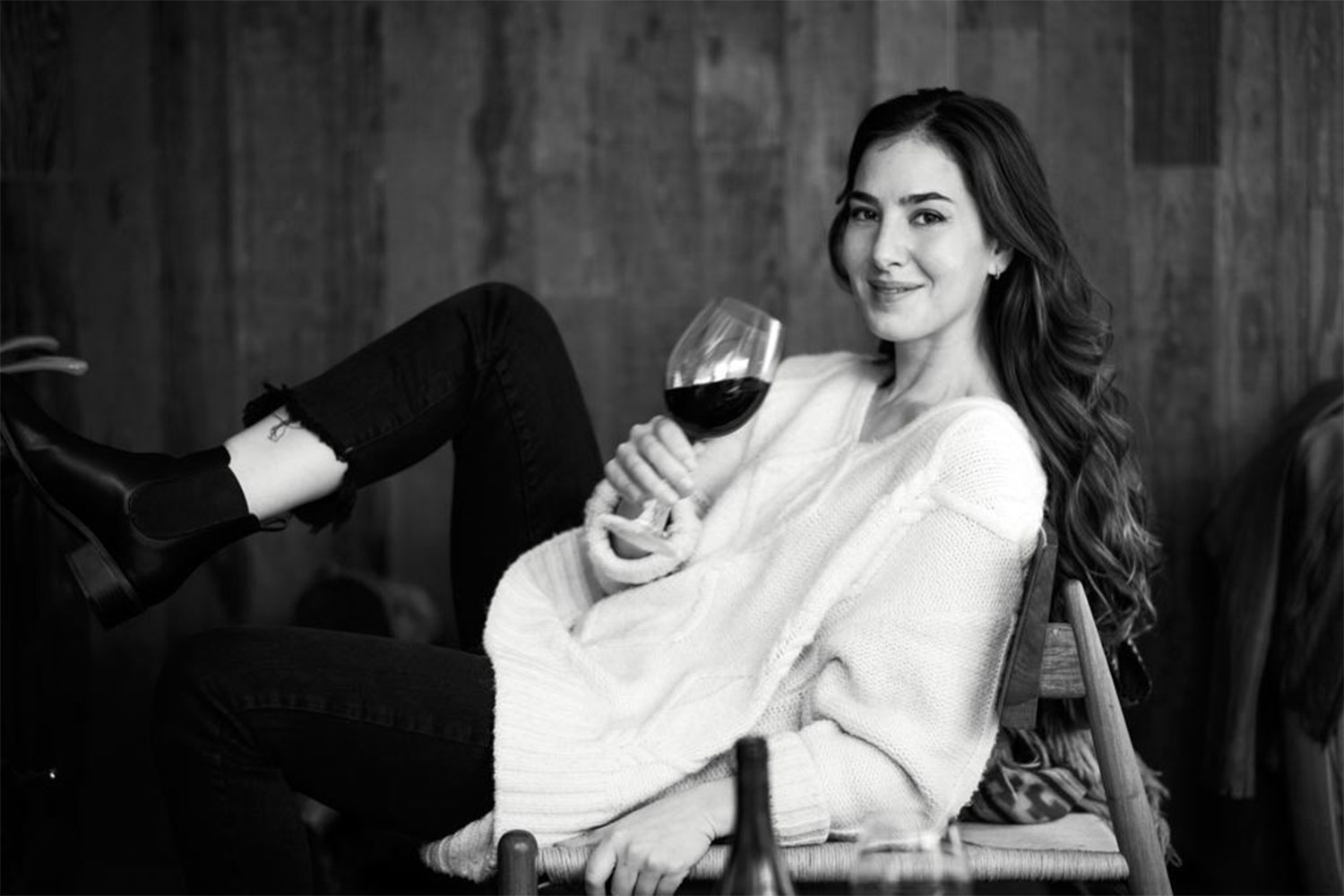
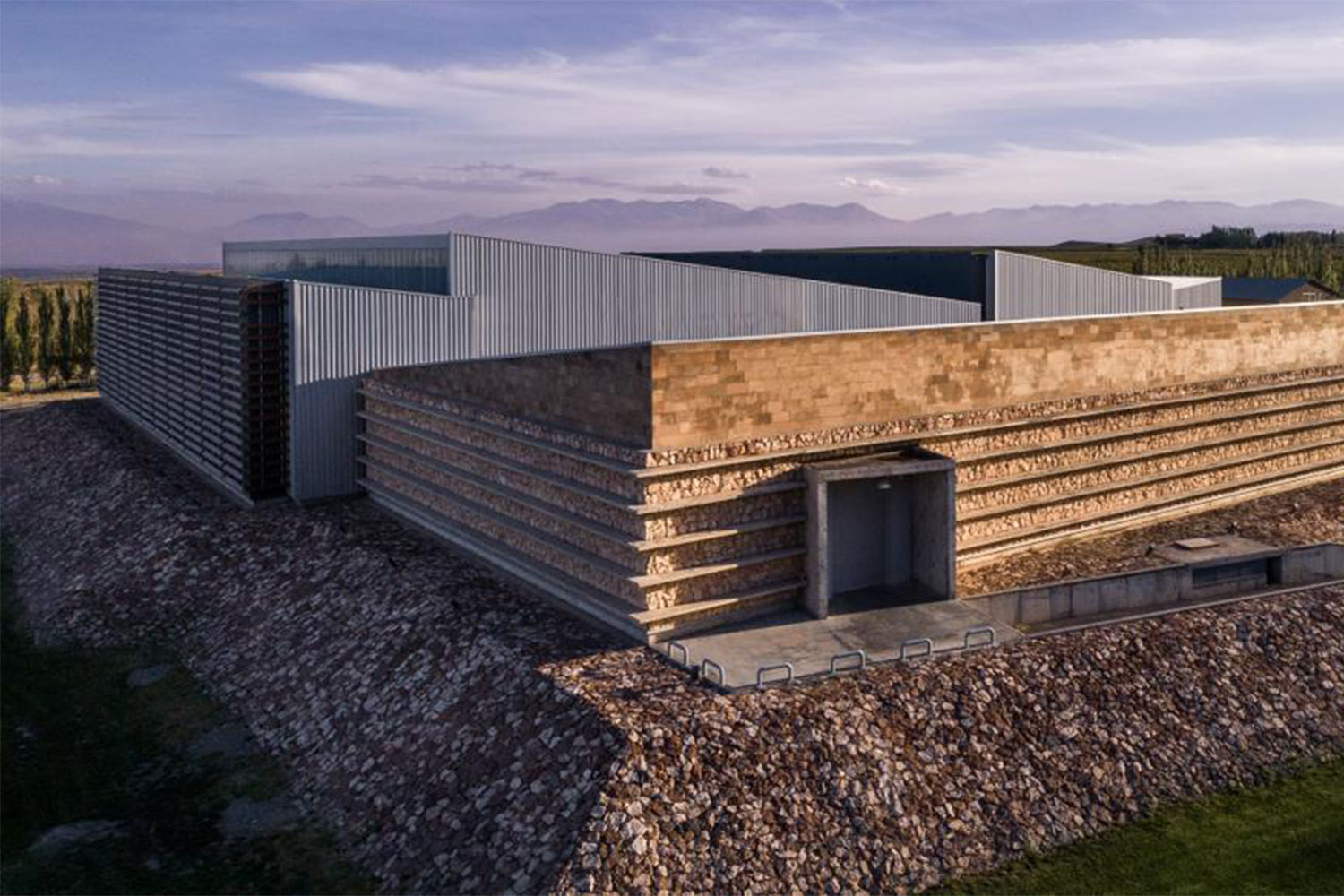


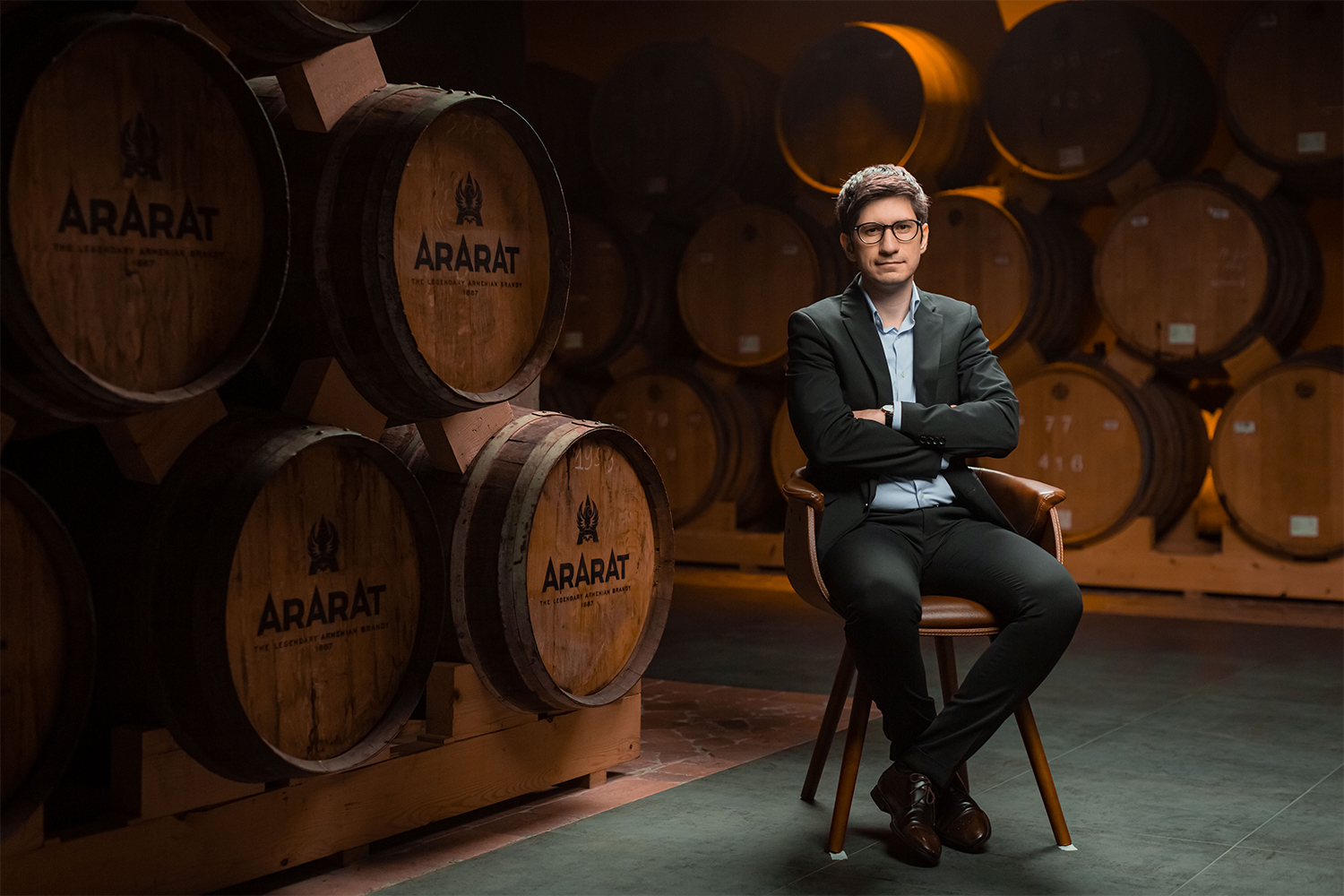
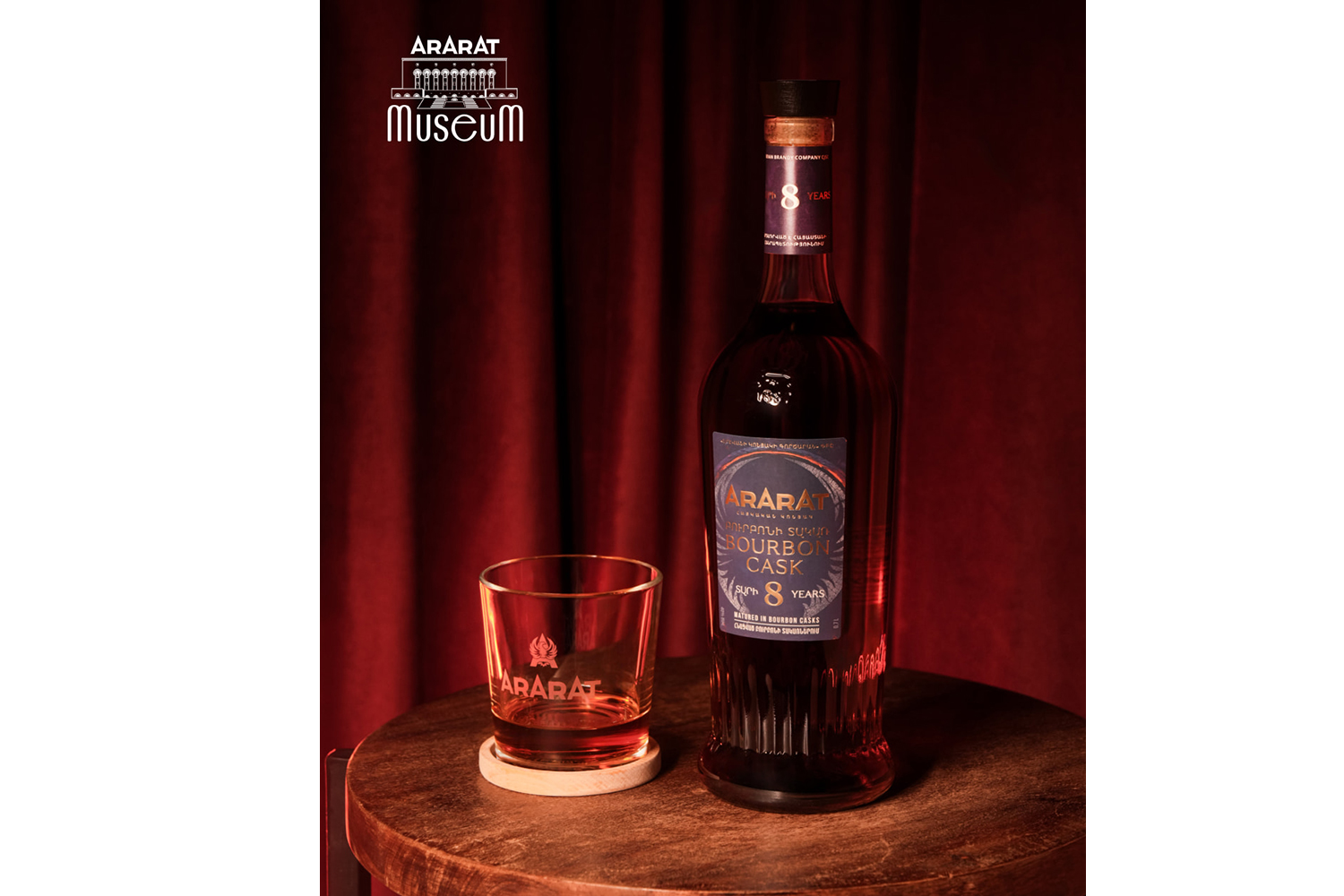
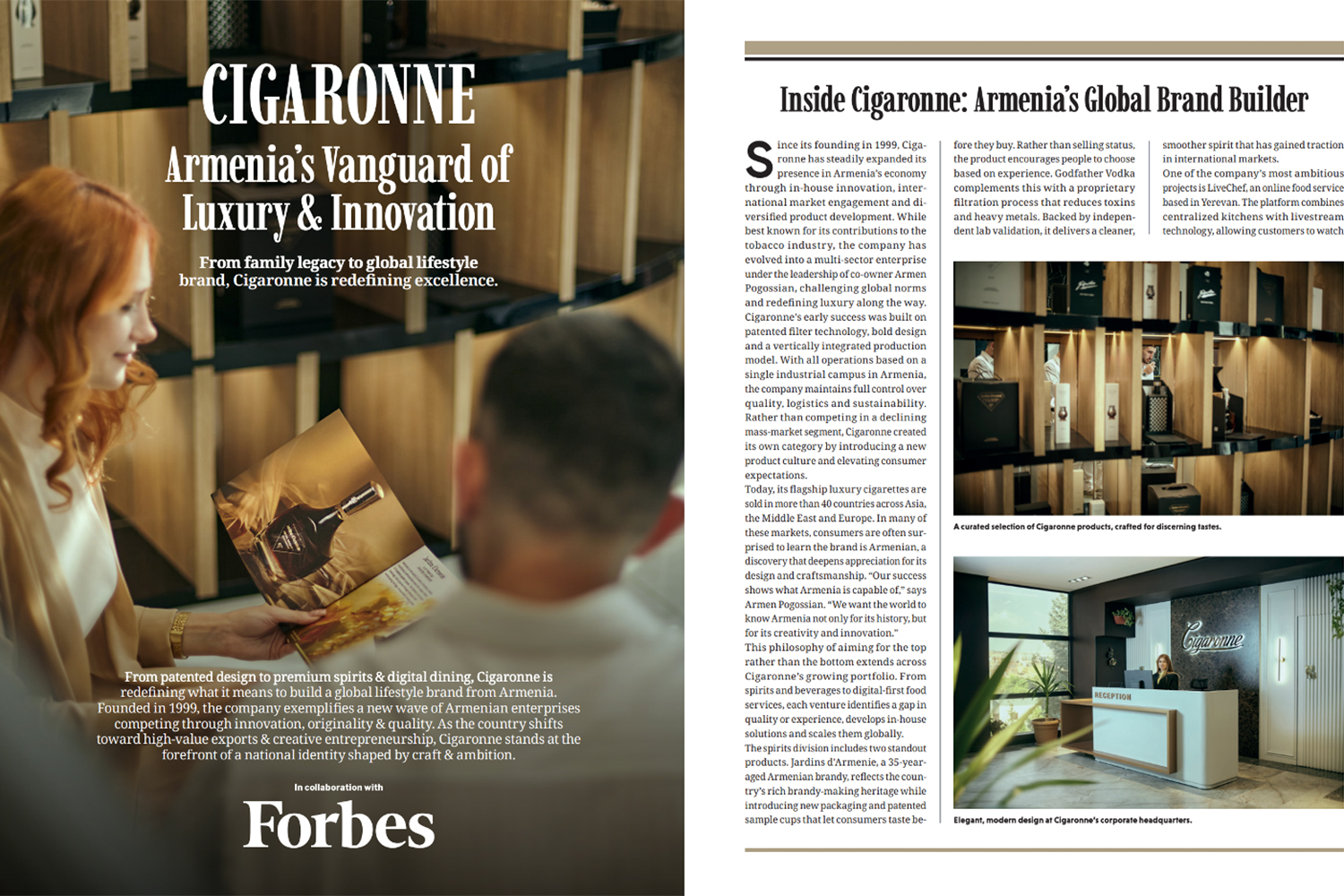


Comments
Dear visitors, You can place your opinion on the material using your Facebook account. Please, be polite and follow our simple rules: you are not allowed to make off - topic comments, place advertisements, use abusive and filthy language. The editorial staff reserves the right to moderate and delete comments in case of breach of the rules.